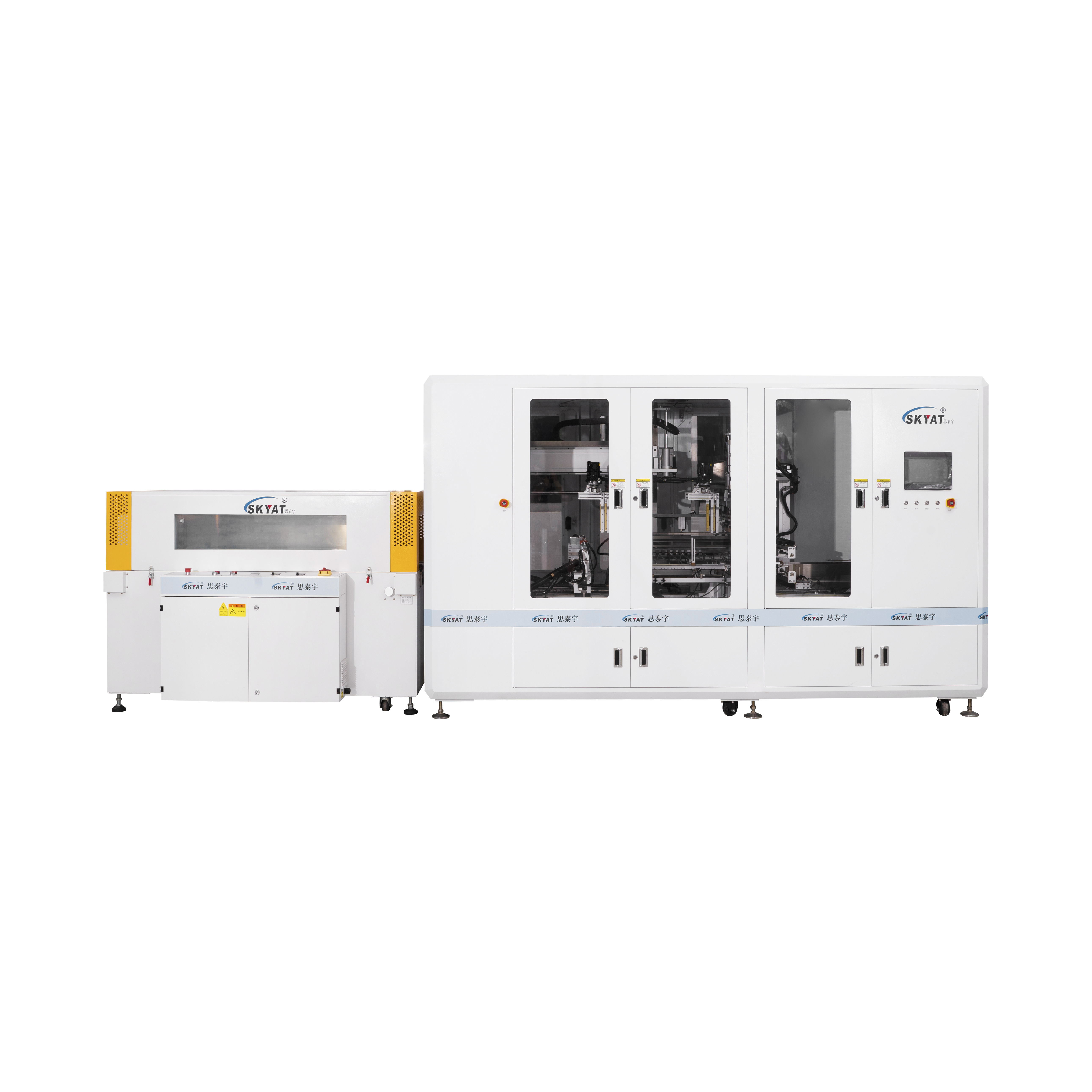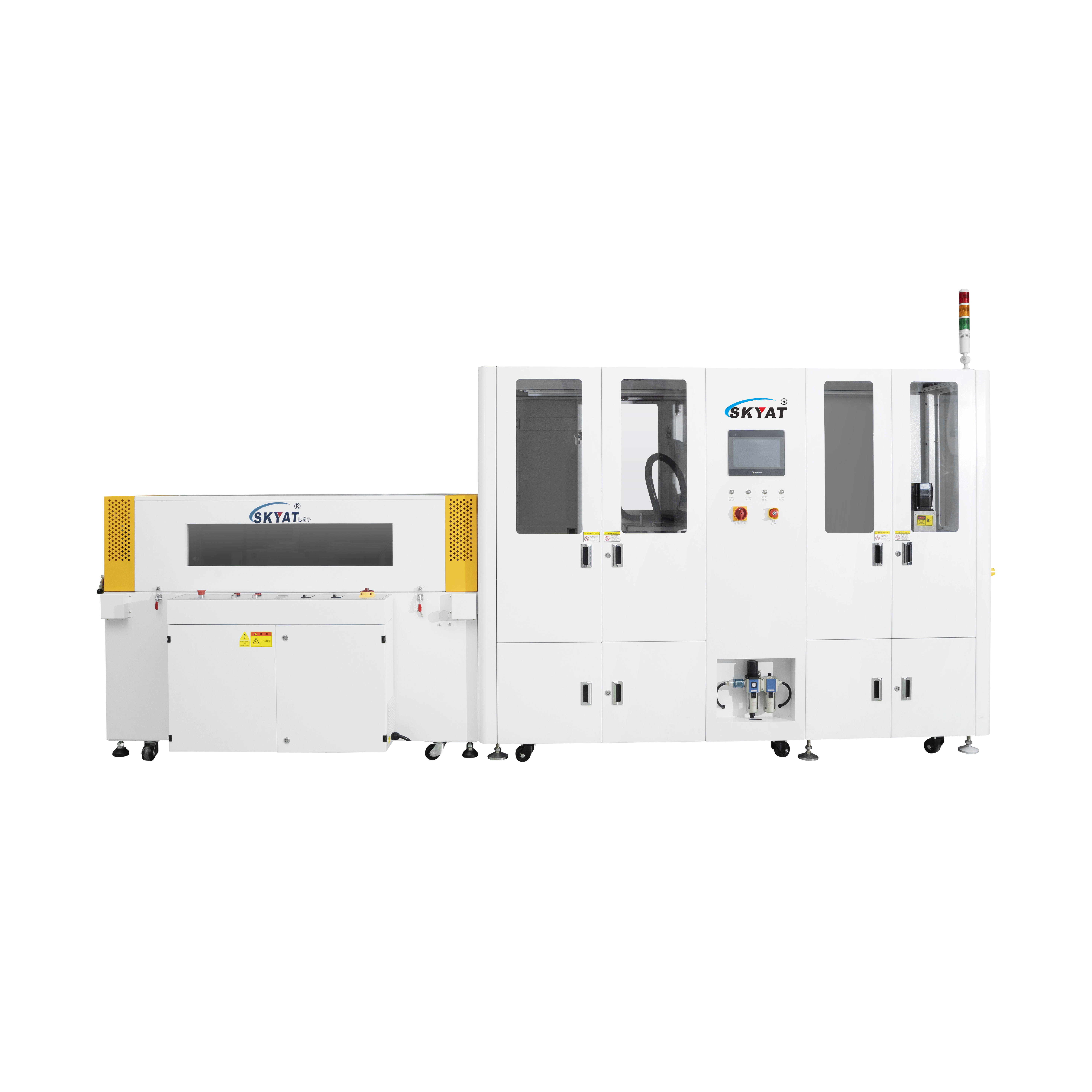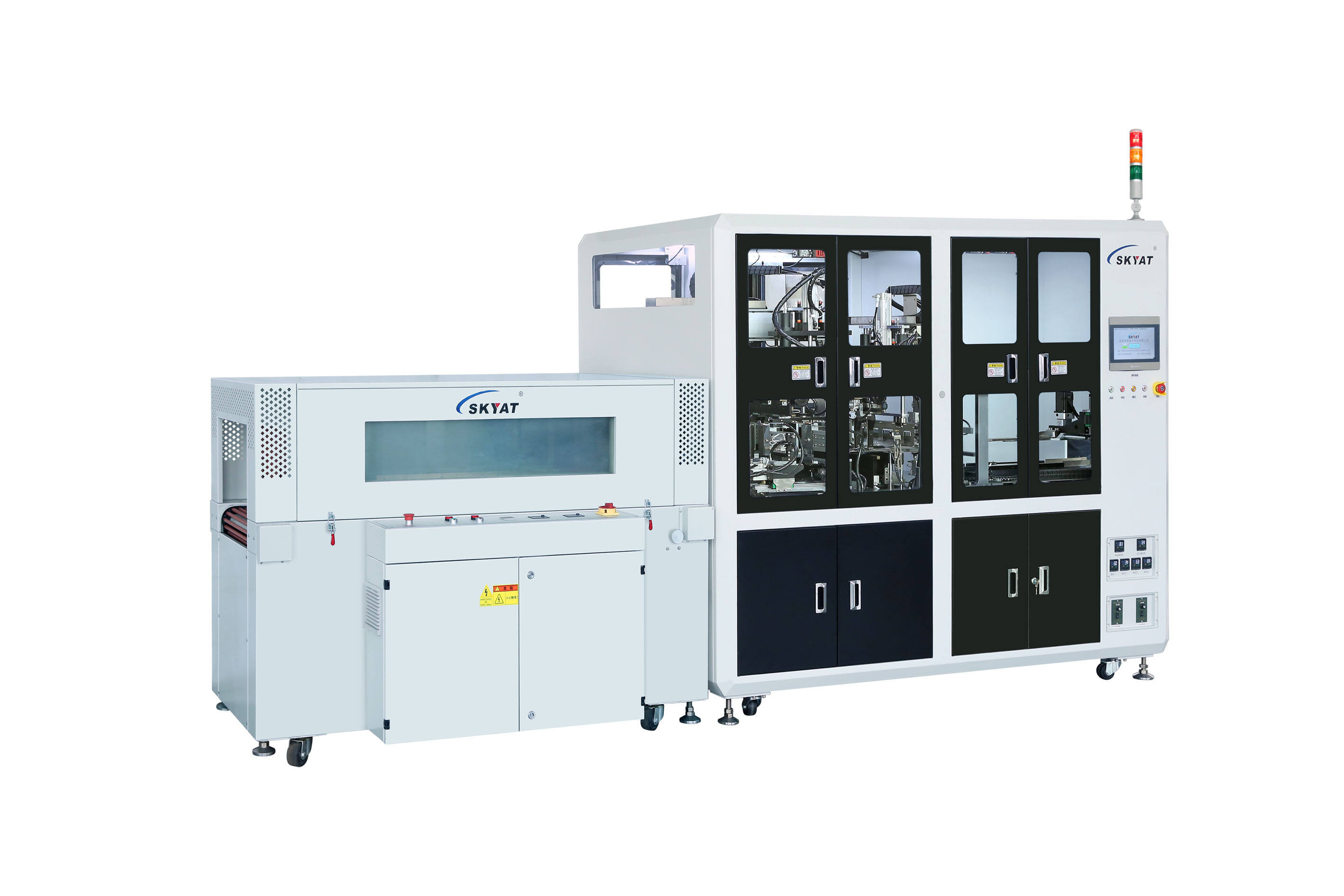The landscape of shrink wrap machine technology is constantly evolving, with ongoing updates designed to enhance efficiency, precision, and adaptability across diverse industries. These advancements cater to the unique needs of sectors such as electronic manufacturing, pharmaceutical production, automotive assembly, and cosmetics, ensuring that packaging processes remain at the forefront of operational excellence. One of the most notable updates is the integration of advanced sensor technology. Modern shrink wrap machines now feature high-precision sensors that monitor film tension, temperature fluctuations, and product positioning in real-time. This allows for immediate adjustments during operation, reducing waste and ensuring consistent wrapping quality—critical for industries like electronics, where even minor packaging irregularities can compromise product integrity. In pharmaceutical settings, these sensors also play a role in maintaining strict compliance with packaging standards, as they can detect and flag any deviations from preset parameters. Energy efficiency has seen significant improvements, driven by the demand for sustainable practices across industries. Newer models incorporate innovative heating elements that distribute heat more evenly while consuming less power. This not only lowers operational costs but also aligns with the environmental goals of new energy companies and eco-conscious brands in sectors like tea production and healthcare products. Additionally, heat recovery systems are being integrated into some machines, recycling excess heat from the shrinking process to preheat incoming film, further reducing energy consumption. Connectivity and data analytics have become key features in updated shrink wrap machines. Many models now offer IoT Internet of Things capabilities, enabling them to connect to centralized management systems. This allows operators to track performance metrics, such as throughput, downtime, and material usage, from remote locations. For large-scale operations in automotive manufacturing or steel production, this data-driven approach facilitates predictive maintenance, as potential issues can be identified and addressed before they lead to costly breakdowns. It also provides valuable insights for optimizing production schedules and resource allocation. Versatility has been enhanced through modular design updates. Manufacturers are now offering machines with interchangeable components, making it easier to reconfigure the equipment for different product sizes and shapes. This is particularly beneficial for businesses with diverse product lines, such as those in the clothing industry or drone manufacturing, where packaging requirements can vary significantly. Quick-changeover features reduce the time spent adjusting the machine between production runs, increasing overall productivity. These technology updates collectively contribute to a more streamlined, cost-effective, and reliable packaging process. Whether it’s ensuring the secure wrapping of delicate electronic components, maintaining the sterility of pharmaceutical products, or handling the high-volume demands of automotive production, the latest shrink wrap machine technologies are equipped to meet the challenges of modern manufacturing.




Copyright © 2025 By Skyat Limited. - Privacy policy